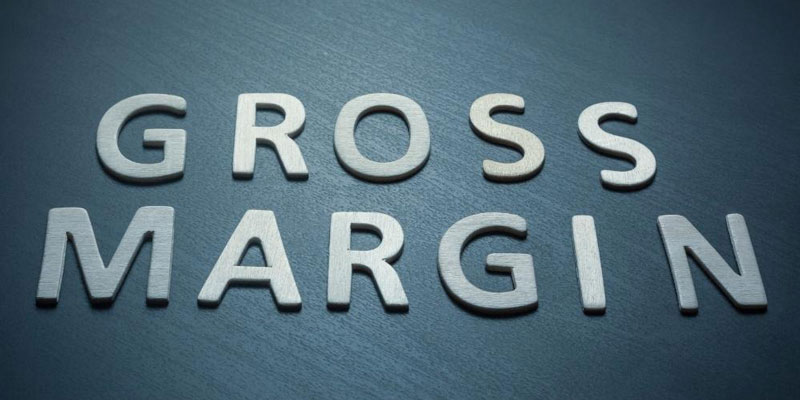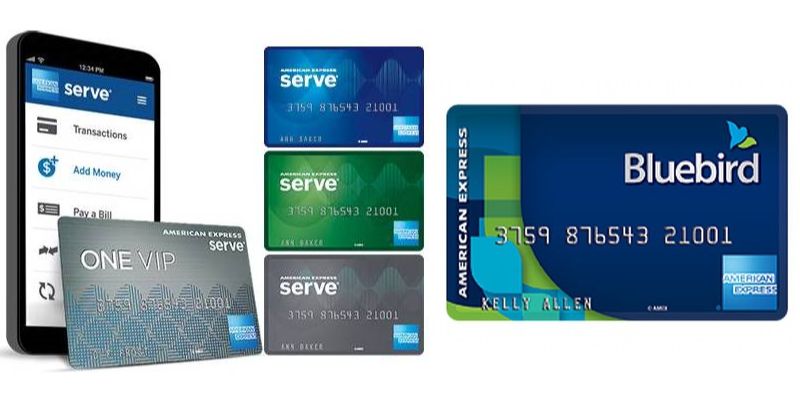It is possible to go through life without a credit card, even though this may not seem to be the case. Compared to alternative payment methods, credit cards provide several benefits that may be taken advantage of if they are utilized properly. They are handy, guard against fraud and theft, and sometimes give cash back and other advantages to protect you from those dangers. They may also assist you in establishing a credit history, which is necessary if you want to take out a loan in the future to purchase a vehicle or a house. When determining when to acquire that first card, there are several considerations that parents and their children should make.
High School
Reasons Why You Shouldn't Hang Around
Parents who begin teaching their children about managing credit while their children are in their teenage years may better prepare them for responsibly utilizing credit in the coming years. On the other hand, using a credit card is not the best way to teach high school students how to handle their finances. When a kid is in middle school, some financial advisors suggest creating a youth checking account that comes with a debit card tied to it. This is an alternate recommendation. The parents may instruct the youngster on how to properly use their debit card and keep track of the amount in their account. After that, when the youngster is a little older, they can upgrade to a credit card with a lower limit. If the kid is under 18 years old, the card will almost always need to be issued in the parent's name, with the child's name appearing as an authorized user.
Reasons Why You Should Hold Off
If the kid is an authorized user of a parent's credit card, their excessive spending might have a negative impact on the parent's credit score and reflect negatively on the parent.

College
Reasons Why You Shouldn't Hang Around
Students who have reached the age of 18 may apply for a credit card in their name if they meet the requirements. If they do not already have a credit history when they attend college, having a credit card before they go to school may help them start building one. This will be useful in the distant future when looking for an apartment to rent or submitting a mortgage application. There are a lot of credit card issuers who provide cards tailored to the needs of students, but just like with any other form of a credit card, it's a good idea to look around at several options and compare interest rates and other conditions.
Reasons Why You Should Hold Off
If a person has never used a debit or credit card by the time they enroll in college, it is probably best for them to begin with a debit card that is tied to either their checking account or the checking account of one of their parents. Because the interest rates on many student credit cards are so high, it is simple for students to rack up a significant amount of debt, particularly if they are late with one or more payments. Additionally, since it is more difficult for parents to monitor their children's spending patterns with credit cards while their children are away at college, it is possible that college is not the best environment for first-time credit card users.
It seems like waiting till after graduation would be a bad idea. Perhaps, but if they pay using cash or a debit card, they won't get into any problems. Recent graduates are at a significant disadvantage when they begin their adult lives with a weight of high-interest debt and/or bad credit history, which may be even more detrimental than not having any credit history at all.

Conclusion
The use of credit cards is a common practice in today's society, and the advantages of doing so far exceed the disadvantages for most individuals. When a person should receive their first credit card will rely, to a significant extent, on how responsibly they (or their parents) believe they will manage the responsibilities of having credit. While building a credit history is essential, having a poor credit history damaged by errors made in one's childhood might be even more detrimental than having no credit history. So there is no need to hurry. It is OK to hold off issuing a credit card to a young person until they have reached the maturity level required to use one responsibly.



